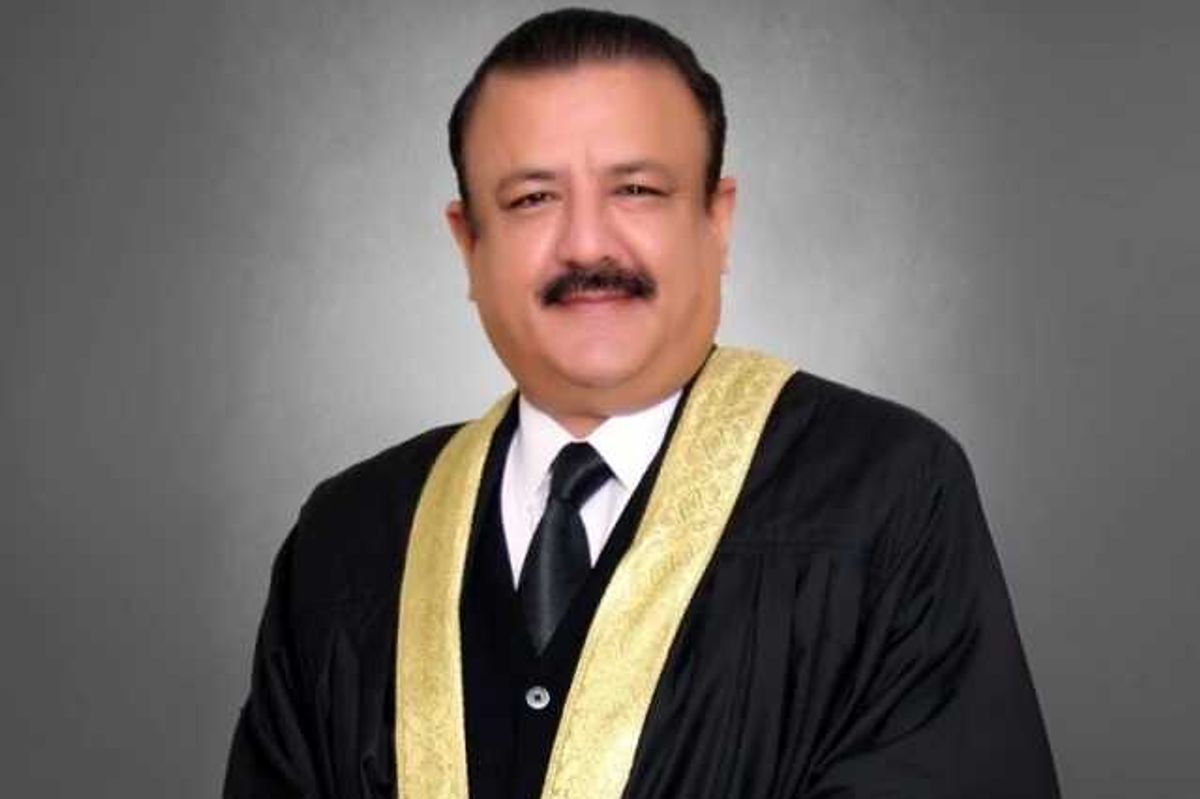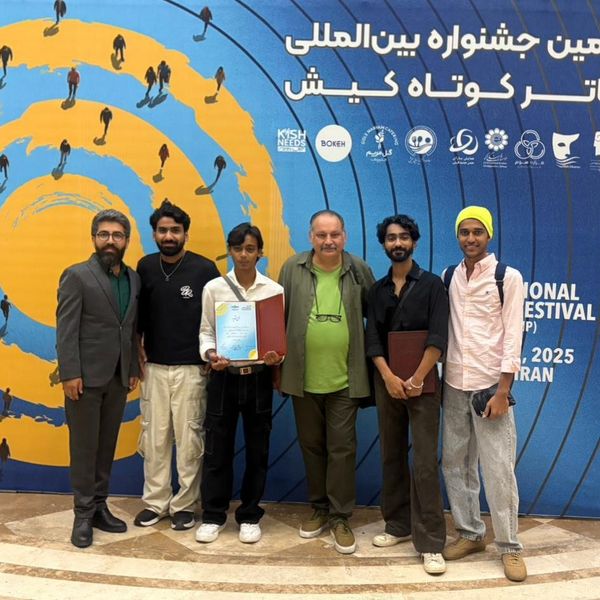Pakistan court says it won’t be dictated to after chaos in judge’s degree case
Justice Tariq Mehmood Jahangiri’s degree canceled by Karachi University over ‘misconduct and enrollment irregularities’
News Desk
The News Desk provides timely and factual coverage of national and international events, with an emphasis on accuracy and clarity.

Justice Tariq Mehmood Jahangiri.
Courtesy: Islamabad High Court website
Pakistan’s Sindh High Court has issued a written order dismissing petitions over the revoked law degree of Islamabad High Court judge Tariq Mehmood Jahangiri, deepening a judicial controversy already marked by allegations of misconduct and internal rifts.
The written order, released Friday, declared that the court “cannot be held hostage to the wishes of advocates” and stressed that only the bench had the authority to regulate proceedings.
The court noted that lawyers for the petitioners deliberately refused to argue the maintainability of their petitions, walking out instead, which led to the cases being dismissed for non-prosecution.
The ruling came a day after chaotic scenes unfolded at the Sindh High Court, where lawyers shouted slogans, clapped in protest and staged a walkout against the two-judge bench led by Justice K.K. Agha.
Petitioners’ counsel objected to the jurisdiction of the bench, insisting that procedural objections be heard first. When the judges refused, multiple lawyers - including Salahuddin Ahmed and Faisal Siddiqui - left the courtroom without presenting arguments.
The commotion escalated when Justice Jahangiri himself sought to address the bench, arguing that he was an affected party.
“Nowhere in the world does a judge stand in the dock as an accused,” he said, insisting his degree was genuine and earned through examinations.
His statement, coupled with a denial of links to Pakistan’s intelligence agencies, drew applause from some lawyers but further inflamed tensions.
Meanwhile, Karachi University has stood by its decision to cancel Jahangiri’s degree. The university declared on September 25 that his LLB qualification had been withdrawn after its Unfair Means Committee found evidence of irregularities in his enrollment record.
It ruled that Jahangiri had never been a student at Islamia Law College Karachi despite holding an enrollment number tied to the institution. The decision, approved by the syndicate in August, also barred him for three years from seeking admission or taking examinations.
University officials, including Registrar Prof. Dr. Imran Ahmad Siddiqui, confirmed the withdrawal of the results and degree linked to his enrollment. The move has intensified divisions within Pakistan’s judiciary, with critics framing it as an exposure of systemic flaws, while Jahangiri’s supporters claim he is being targeted for challenging interference in judicial affairs.
How did it all start?
On September 16, the Islamabad High Court suspended Jahangiri from judicial duties pending a ruling by the Supreme Judicial Council, Pakistan’s top accountability forum for judges.
This came after Karachi University initially declared his degree invalid, citing anomalies such as dual enrollment numbers. Days later, the Sindh High Court temporarily halted the university’s decision, granting him interim relief.
The matter escalated further on September 19, when five Islamabad High Court judges - including Jahangiri - filed petitions against their chief justice, arguing that only the Supreme Judicial Council could suspend a judge.










Comments
See what people are discussing